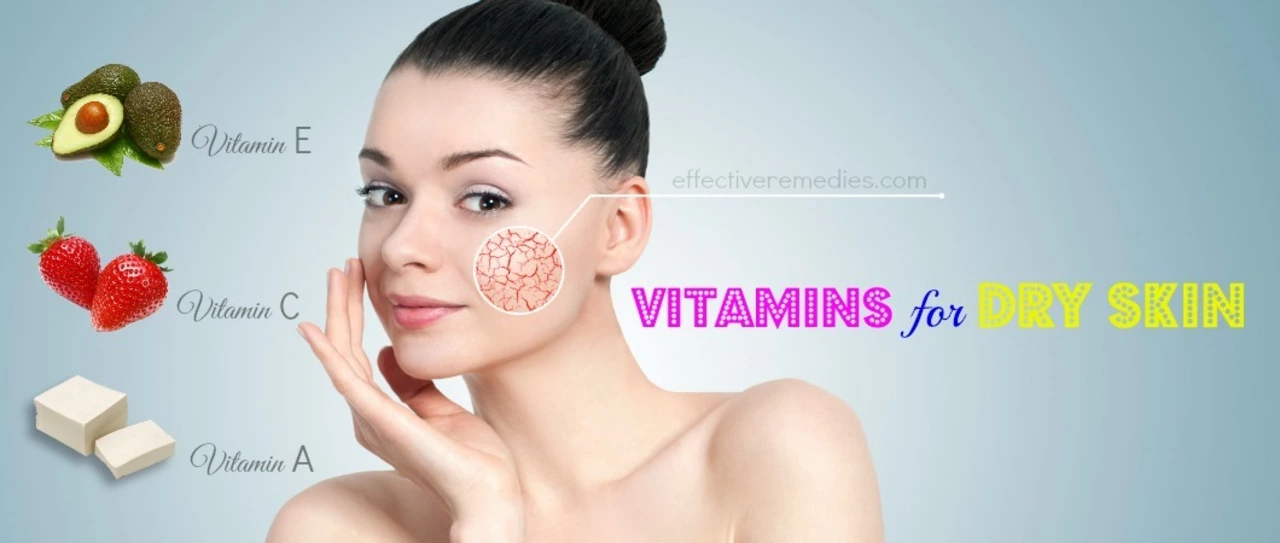Introduction to Vitamin E and Abrasions
As a blogger who is passionate about health and wellness, I have always been intrigued by the role of vitamins in our daily lives. One vitamin that has caught my attention for its numerous benefits is Vitamin E. In this article, I will be discussing the role of Vitamin E in healing abrasions. Abrasions are common injuries that can happen to anyone, and knowing how to effectively treat them is crucial for a speedy recovery.
Understanding Abrasions and the Healing Process
Abrasions are superficial injuries that occur when the skin is rubbed or scraped against a rough surface, causing the top layer of the skin to wear away. While these injuries are typically not very deep, they can still be painful and prone to infection if not properly taken care of. The healing process for abrasions involves several stages, including inflammation, proliferation, and remodeling. During these stages, the body works to repair the damaged tissue and prevent infection.
Vitamin E: The Antioxidant Powerhouse
Vitamin E is a fat-soluble vitamin that is essential for our overall health. It is best known for its antioxidant properties, which help protect our cells from damage caused by free radicals. Free radicals are unstable molecules that can cause harm to our cells and tissues, leading to various health issues. By neutralizing these free radicals, Vitamin E plays a vital role in maintaining our body's overall health and well-being.
Benefits of Vitamin E for Skin Health
Vitamin E is not only beneficial for our overall health, but it also plays a crucial role in maintaining healthy skin. It has been found to have several benefits for our skin, including:
- Moisturizing: Vitamin E helps maintain the skin's moisture levels and prevents dryness and flakiness.
- Anti-aging: Its antioxidant properties help prevent premature aging by neutralizing free radicals that can cause wrinkles and fine lines.
- Reducing inflammation: Vitamin E has anti-inflammatory properties that can help reduce redness and swelling caused by various skin conditions.
- Wound healing: It has been shown to promote the healing of skin injuries, including abrasions, by supporting the natural healing process.
How Vitamin E Supports Abrasion Healing
As mentioned earlier, Vitamin E has several properties that make it beneficial for skin health and abrasion healing. Let's take a closer look at how it supports the healing process:
- Reducing inflammation: When an abrasion occurs, the body's natural response is to create inflammation to protect the injured area. Vitamin E's anti-inflammatory properties help reduce this inflammation, allowing the healing process to proceed more smoothly.
- Stimulating cell growth: Vitamin E promotes the growth of new skin cells, which is essential for the healing of abrasions. This ensures that fresh, healthy skin replaces the damaged tissue.
- Preventing infection: Abrasions can be prone to infection if not properly cared for. Vitamin E's antioxidant properties help protect the skin from harmful bacteria and other pathogens that may cause infection.
- Reducing scarring: Vitamin E has been shown to help minimize scarring by promoting the growth of healthy skin cells and preventing the overproduction of collagen, which can lead to the formation of thick, raised scars.
Topical Application of Vitamin E for Abrasions
One of the best ways to utilize Vitamin E for abrasion healing is through topical application. There are various creams, ointments, and oils available that contain Vitamin E, which can be applied directly to the abrasion. It is important to ensure that the wound is clean and dry before applying the product. Gently massage the Vitamin E product into the affected area, and be sure to follow the specific application instructions provided on the product packaging.
Increasing Vitamin E Intake Through Diet
Another way to support abrasion healing is by ensuring that you are consuming adequate amounts of Vitamin E through your diet. Foods rich in Vitamin E include:
- Nuts and seeds, such as almonds, sunflower seeds, and hazelnuts
- Vegetable oils, including sunflower, safflower, and wheat germ oils
- Green leafy vegetables, like spinach and kale
- Fruits, such as avocado and kiwi
By incorporating these foods into your daily diet, you can ensure that your body has the necessary nutrients to support the healing process.
Conclusion: The Importance of Vitamin E in Abrasion Healing
In conclusion, Vitamin E plays a crucial role in the healing of abrasions by reducing inflammation, promoting cell growth, preventing infection, and minimizing scarring. By using topical Vitamin E products and consuming a diet rich in this essential nutrient, you can support the natural healing process and ensure a speedy recovery from abrasions. As always, it is important to consult with a healthcare professional before making any significant changes to your diet or skincare routine.


Vishnupriya Srivastava
May 6, 2023 AT 22:36Matt Renner
May 7, 2023 AT 21:53Ramesh Deepan
May 8, 2023 AT 11:12Wayne Rendall
May 8, 2023 AT 23:10Ifeoluwa James Falola
May 9, 2023 AT 08:43Adam Phillips
May 10, 2023 AT 02:56Julie Lamb
May 10, 2023 AT 16:14april kakoske
May 10, 2023 AT 18:06Pradeep Meena
May 11, 2023 AT 15:32Rishabh Jaiswal
May 12, 2023 AT 14:45May Zone skelah
May 12, 2023 AT 22:06Dale Yu
May 13, 2023 AT 05:16Kshitij Nim
May 13, 2023 AT 10:12Scott Horvath
May 13, 2023 AT 13:59Armando Rodriguez
May 14, 2023 AT 07:58jennifer sizemore
May 15, 2023 AT 01:10